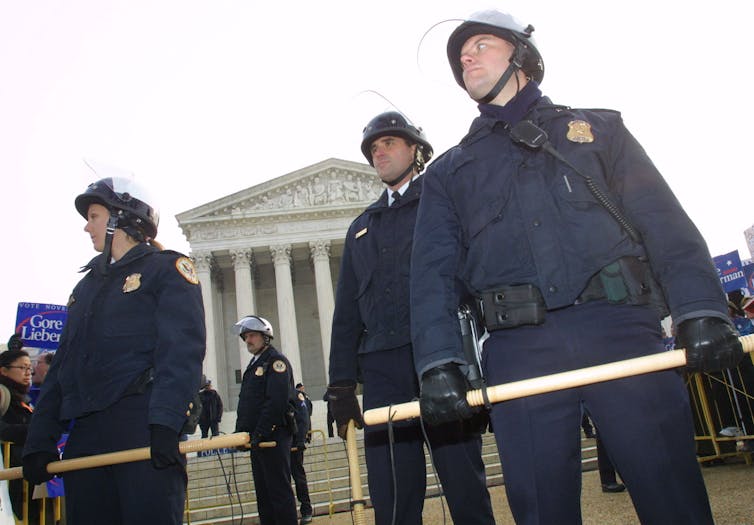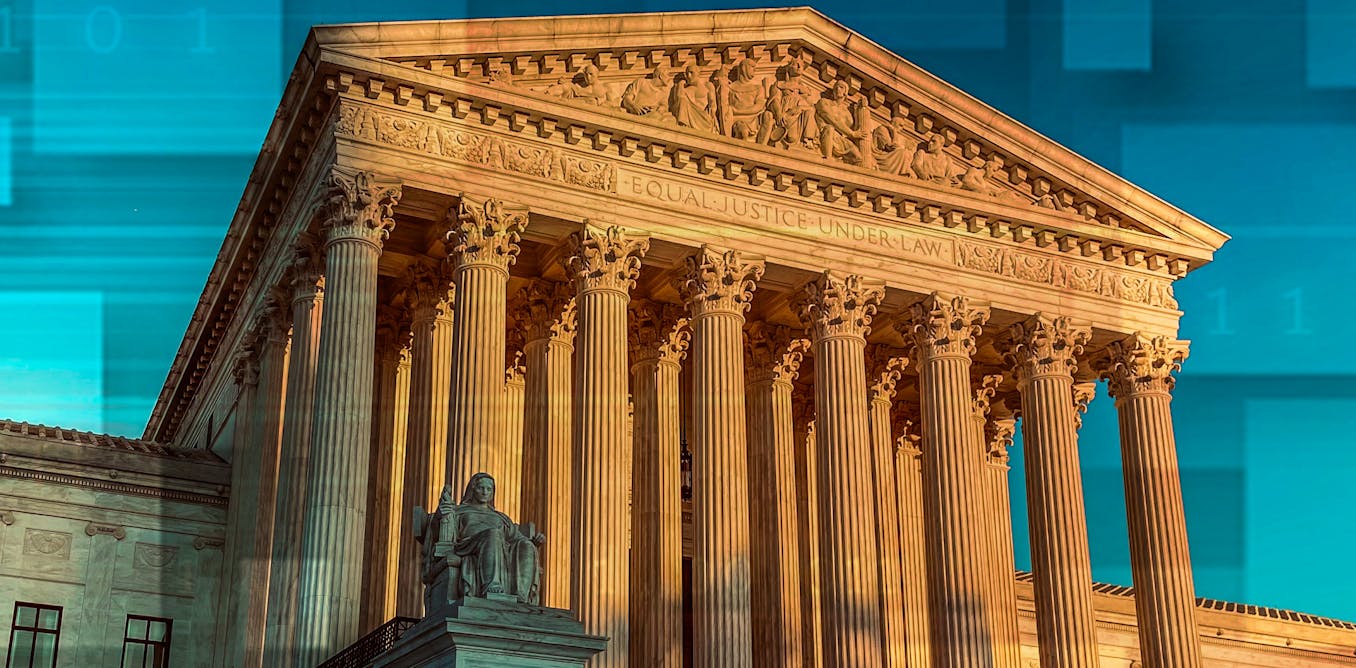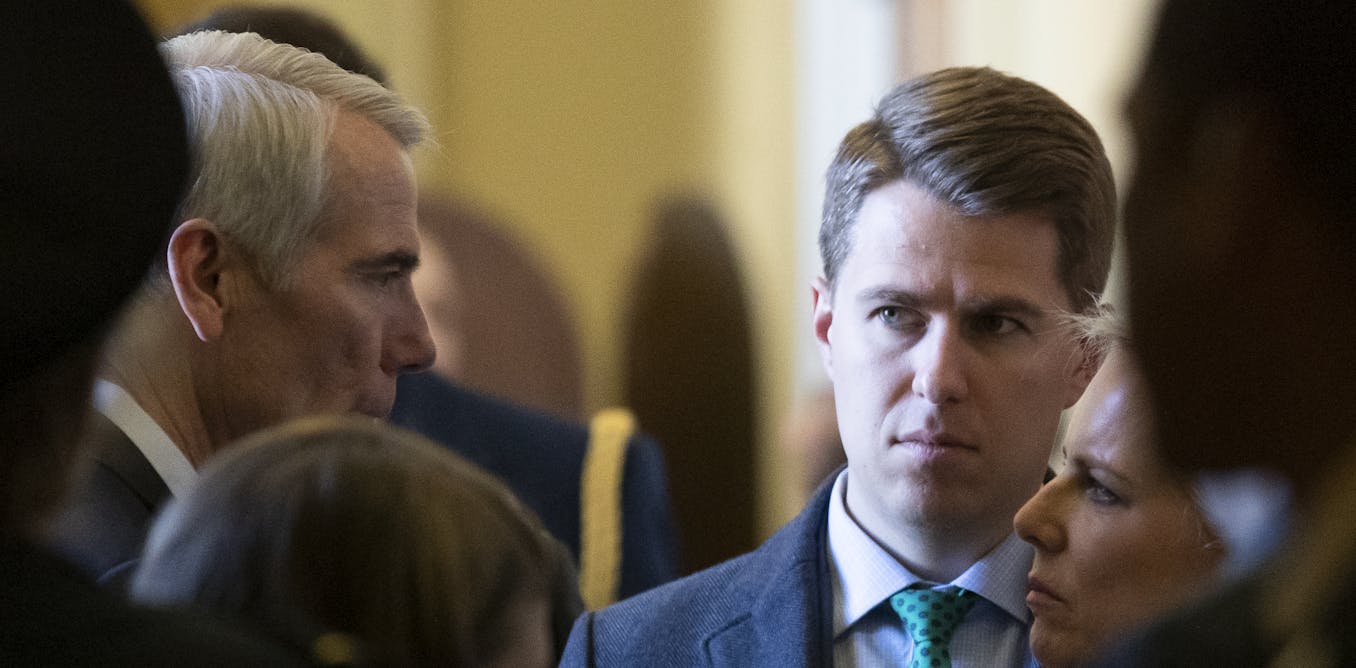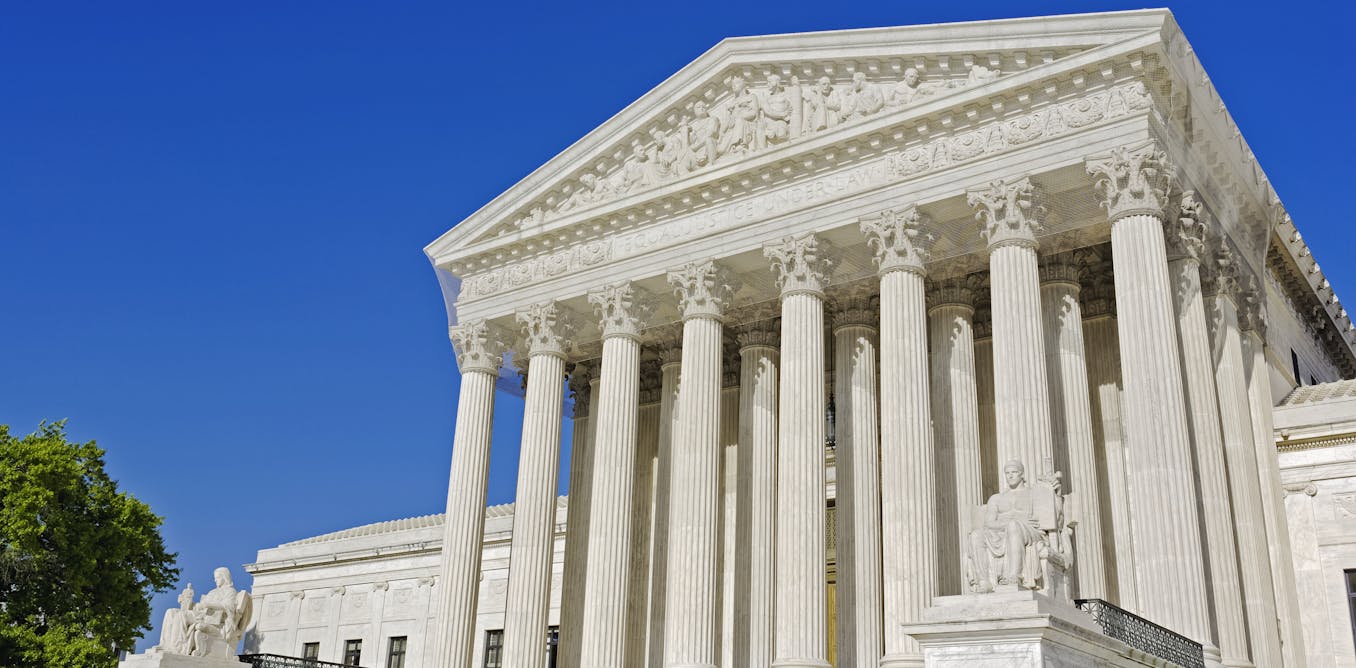Annoyance is mounting as the country waits – and waits and waits – for the U.S. Supreme Courtroom to issue its choice in Trump v. United States, the scenario that asks no matter whether the previous president is immune from criminal prosecution for what he did in the wake of the 2020 election.
For these on the remaining, the hold off appears each political and purposeful, still another illustration of conservative jurists in the court’s bulk aiding Trump steer clear of the accountability that might or else be unavoidable.
I get it. The court’s failure to take the case when Unique Counsel Jack Smith first asked for in December 2023 its scheduling of oral arguments for late April 2024 and the ensuing months that have handed with no a choice have produced it rather likely that any trial of Donald Trump for his alleged coup will not come about quickly. That is consequential.
But this doesn’t suggest the court should really depart from its typical operating treatment. In point, if you check with the justices to progress at anything at all other than their commonly plodding rate, you are asking them to be specifically what critics so decry – political.
Here’s why.
Tricky issues consider time
When the Supreme Court docket helps make a conclusion, it is inevitably answering a very hard authorized question. If the responses have been distinct, the case never would have been the issue of significant court litigation in the to start with put.
The court will take a case frequently not just to come to a decision a specific winner or loser, but to as an alternative formulate wide lawful rules that will manual reduced courts, other branches of governing administration and even American citizens. The courtroom indicated it was pondering about the huge photo when it expanded the authorized issue from regardless of whether a former president is immune from legal prosecution to how far that immunity should increase. The ultimate ruling here will have implications properly over and above Donald Trump.
Saul Loeb and Eva Marie Uzcategui/AFP through Getty Images
All through oral argument, Justice Neil Gorsuch brushed aside the unappealing details of what Trump allegedly had performed, insisting the court was “writing a rule for the ages.” The remark drew ire from authorized commentators for minimizing Trump’s alleged crimes, but as a scholar of the Supreme Courtroom, I consider it was accurately right.
As soon as they adjusted the lawful dilemma to include “the extent to which the President enjoys immunity,” the scenario couldn’t be answered with a just one word “yes” or “no.”
This case raises key concerns about separation of powers, the ability of the president, and the rule of the regulation. The Supreme Court docket has to transform all those constitutional rules into workable authorized doctrine that will utilize very well beyond the election of 2024. Crafting this kind of a rule is challenging and requires time.
That rule has to be made and justified as a result of the rigor of legal discourse, which depends upon very carefully constructed logic, sober evaluation and appropriate use of lawful precedent. Pinpointing if, how and why earlier circumstances condition a decision is painstaking to do, significantly fewer describe.
There is a cause that judicial views can run upwards of 100 internet pages – they have to do a hell of a very good task of justifying their options.
Rapid decisions ‘rarely stand up well’
Supreme Court conclusions are in no way the solution of any one particular single component. No issue how significantly critics assert that the justices choose cases dependent primarily or solely on their political ideology, the evidence basically doesn’t bear this out.
Environment apart the evident current occasions in which the conservative-dominated court docket acted in favor of far more progressive pursuits, a long time of empirical investigation from judicial politics scholars like myself have demonstrated that Supreme Courtroom justices are not just what some connect with “politicians in robes” who vote the bash line and use legislation as just the fig leaf that disguises their ideology.
As a substitute, they are hugely trained authorized thinkers, acting inside of
the constraints of the political natural environment and the law.
Potentially location apart Justice Clarence Thomas, whose outlier position grew to become all the a lot more distinct when he just opined in a solo dissent that those issue to domestic violence restraining orders really should have obtain to guns, the justices will have to consider meticulously about the preferences of other individuals. Between them: other courtroom members, Congress and the government branch, as nicely American voters.
When the court blindly adheres only to its have political tastes, it pitfalls backlash from the other branches and a reduction of general public belief.
Speedy decisions have arrive from the court, but they take place after in a blue moon and seldom stand up nicely to either lawful analysis or history.
Piercing the fog

Hulton Archive/Getty Photos
Bush v. Gore, in which the justices took only two times to determine the lawfully contested 2000 presidential election, was so badly reasoned that the courtroom by itself stated under no circumstances to search at it again.
Scholars have far more regard for the court’s 1974 ruling, 16 days soon after the oral argument, that President Richard Nixon experienced to convert in excess of the Watergate tapes to criminal prosecutors, but that final decision remaining unanswered a selection of lawful thoughts about executive privilege. These inquiries would be afterwards elevated in courtroom by Presidents Invoice Clinton, Barack Obama and Donald Trump.
Subsequent litigation is not often problematic. But it can, – as a lot of argue is taking place here – deliver the use and misuse of the authorized process to prevent legal outcomes. Trump has made it to the significant court docket in part because the most related prior ruling, in which the court held Nixon immune from civil liability, may or could not use to Trump’s prison rates.
In the present-day Trump case, the court has a steep hill to climb. Each sides concur that a previous president are not able to be prosecuted for his exercising of “core govt functions,” these kinds of as the presidential pardon and appointment powers. Both of those sides also concur that he can be prosecuted for any illegal actions he took that were private, somewhat than official obligations, this kind of as his enlistment of Rudy Giuliani to support problem the election final results.
This is a considerable spot of overlap involving opposing sides in this case. But involving all those poles lies a huge fog of presidential activity that may or may not be issue to oversight by the authorized method. It is this fog that the court docket must pierce, and pierce well.
The fantastic legal ruling wanted here will not be conveniently formulated. If the court docket dismissed the trappings of lawful conclusion-producing, only sending Trump off with a wave and a goodbye kiss, overall – or no – immunity in hand, its personal institutional legitimacy would plummet even more.
The justices should meet up with this second and determine if a president is earlier mentioned the law. But they are ideal to also be cognizant that they too are topic to the gauntlet of lawful reasoning and composing. A hurried, sloppy selection will have detrimental ripple results far over and above what Trump may well have done a few-and-a-50 % a long time in the past.
Indeed, given the most likely unconstitutional steps Trump has threatened to acquire if re-elected, the country will need to have a sturdy and effectively-highly regarded Supreme Court in the extremely in close proximity to upcoming. Those offended with the court should really essentially be really glad it is working as regular right here. If it weren’t, their anxiety that Trump will get away with it all may possibly in fact be realized.




